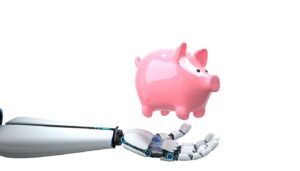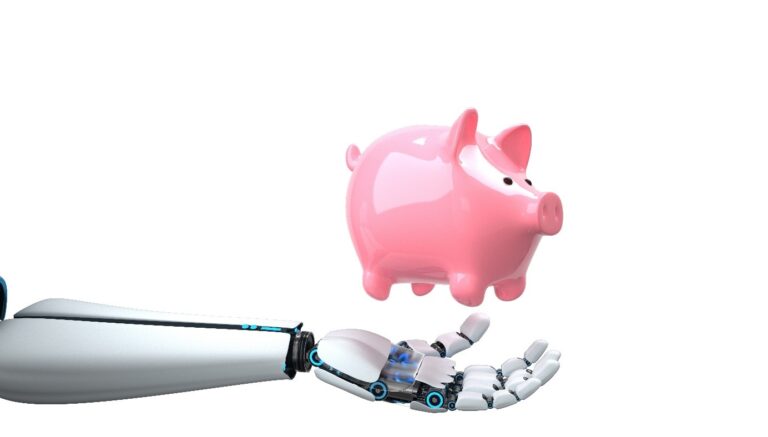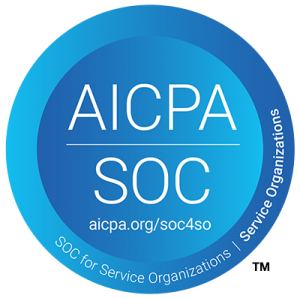In our education, delaying work is not good.
If you’re in the supply chain business, you’re even more inclined to anticipate – you’re resolutely forward-looking.
If you’re in the supply chain business, you like to get things done, and make decisions – you’re resolutely action-oriented.
These two qualities combined, plus a little friendly pressure from your professional environment, can lead you to a serious mistake: making decisions too early!
The tragedy is that the earlier you make decisions, the more you close yourself off to the possibility of making a different decision, which might have been a better one, as the situation evolves.
Of course, you don’t want to decide too late. But isn’t the very definition of “just in time”: making decisions neither too early nor too late?
What does it mean to make decisions too early, and thus close off options for later adaptation?
– Firming up orders in a master production schedule over several weeks, when product processing time is just a few hours.
– Creating or releasing production orders on a distant horizon.
– Placing orders with suppliers many months in advance, while manufacturing and shipping take a few days or weeks.
– Putting more stock than you need (order double to stay out of trouble…).
– Etc.
In the course of implementing Demand Driven transformations, our experience is that the greatest difficulty encountered in terms of change management is this: learning to procrastinate… i.e. learning to make decisions only when they need to be made:
– Generate production, procurement timing strategies, or distribution orders within the decoupled timeframe in production of the item at the latest.
– Releasing production orders only at the right moment, according to the rate at which the constraints can absorb them.
– Frozen periods elimination. The flow needs stability – freezing is not stabilizing, it’s amplifying variability by delaying adaptation to consumption evolutions.
Making decisions as late as possible doesn’t mean you can’t foresee, anticipate, and prepare – it’s not synonymous with chaos. On the other hand, making decisions too early often generates confusion, chaos, and costs…













